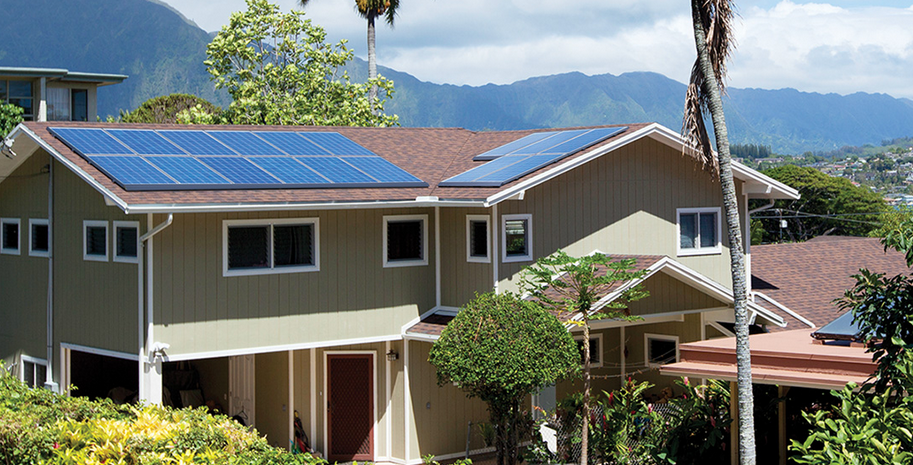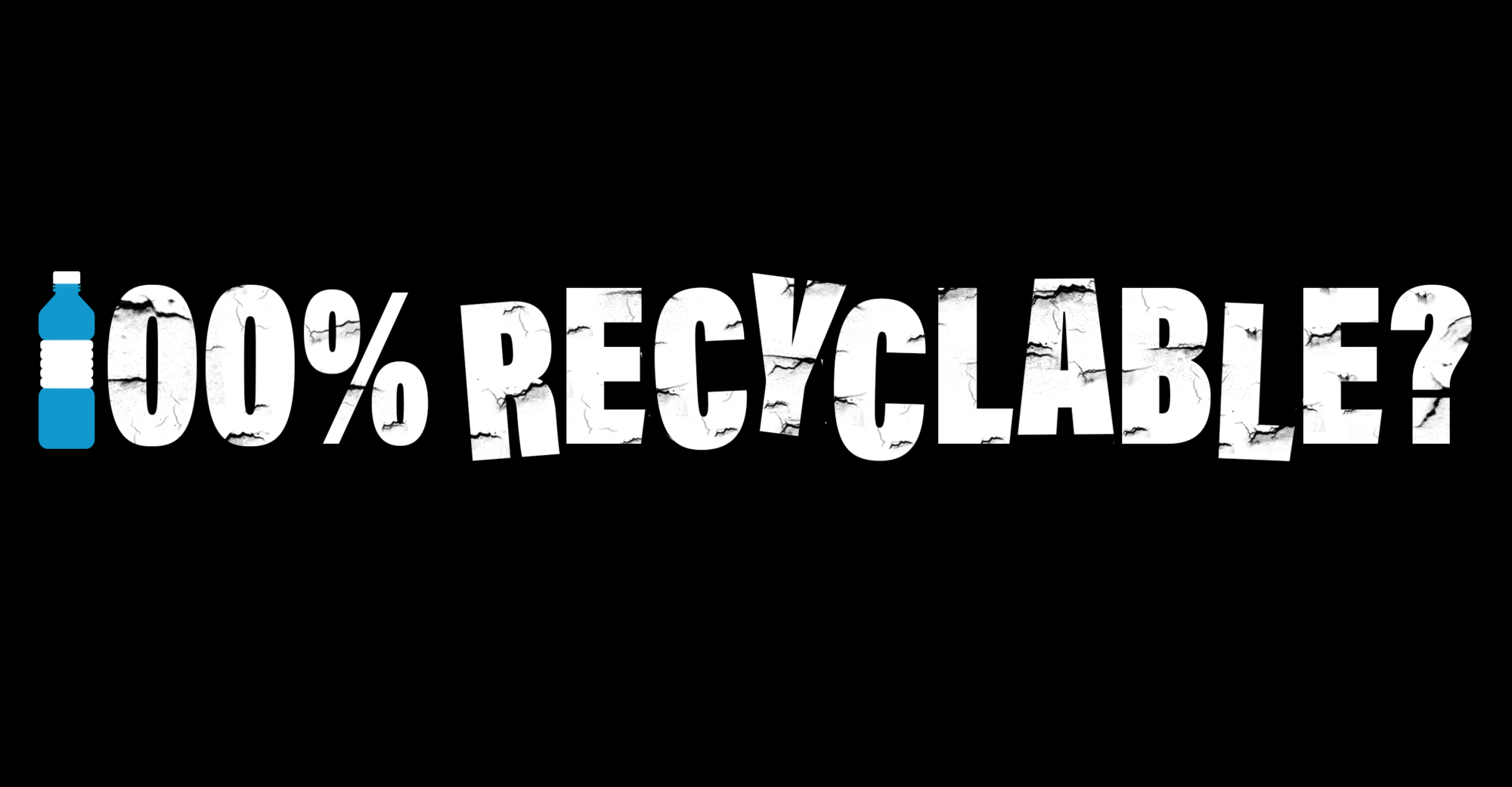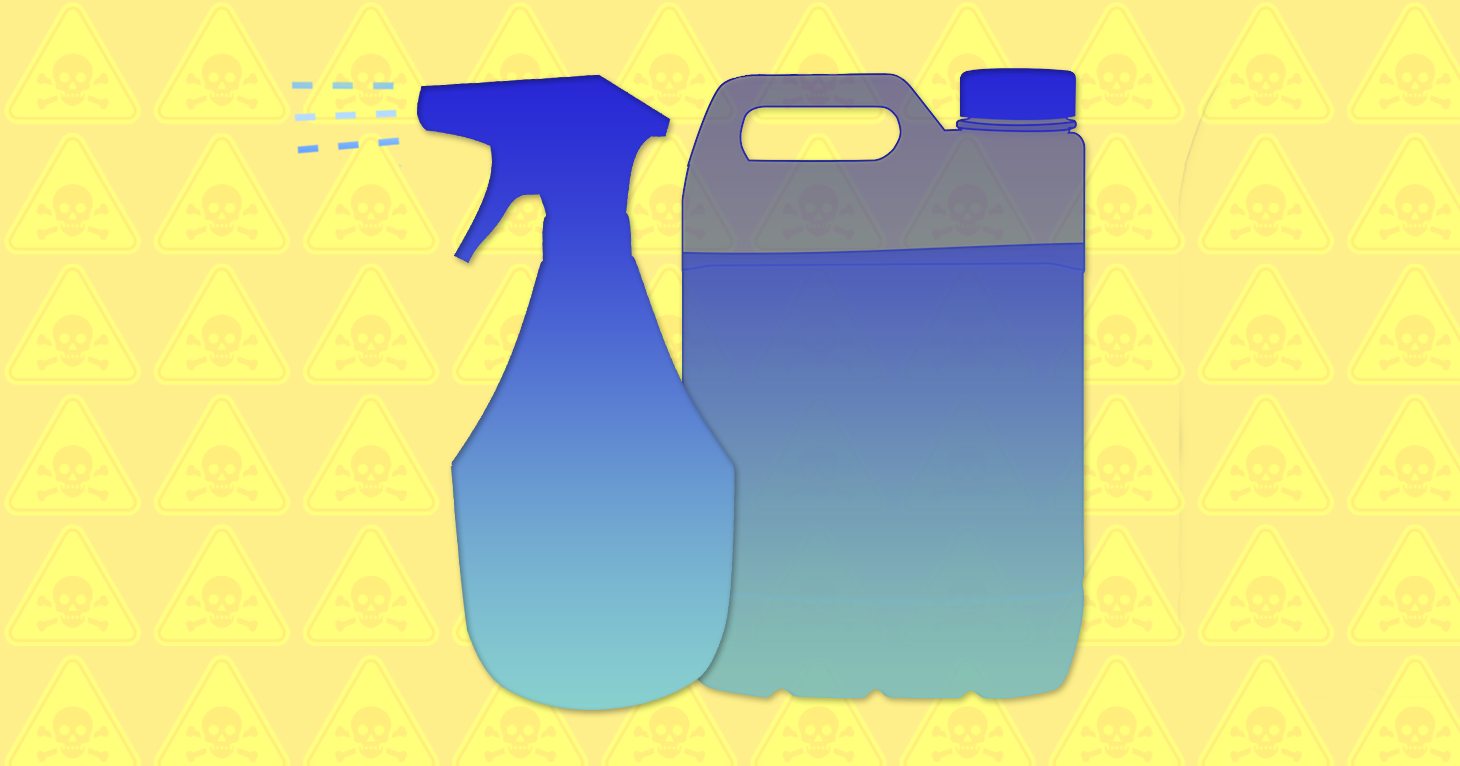
Companies Accused of Greenwashing
When companies green it, they better mean it.
What are the hidden costs of solar leases?
|
Federal lawmakers are raising questions about solar leasing companies that aggressively market zero-money-down leases but potentially overstate savings and understate risks.
Solar leases have become an increasingly attractive option for homeowners who are looking to shave energy costs but who may not have the money to pay upfront for the panels. (Installation costs for solar ownership can run upwards of $20,000. Homeowners who lease, by contrast, pay nothing upfront for installation.) Often, though, the leases lock homeowners into decades-long agreements that some lawmakers say will likely exceed both the life of the roof and the time that the homeowner lives under it.
A recent letter to the FTC signed by a dozen Republican members of the House of Representatives highlighted the concerns:
As a very new industry with a limited track record and little regulatory oversight, the solar leasing market may pose a considerable risk to the increasingly large numbers of American consumers that commit to the leasing product without all of the relevant information (not to mention the American taxpayer, who heavily subsidizes each rooftop solar project).
The Republicans asked the agency what options exist to ensure that consumers are fully apprised of the costs, benefits and financial risks of solar leasing arrangements and what recourse there is for the consumers to be held harmless for the remainder of the lease if a company fails. They also pointed to the problems that arise when homeowners want to sell their houses after entering into 20- to 30-year solar leases.
A burden to bear
“We have already heard stories about consumers not being able to sell their homes or having to eat expensive leases because the new homeowner did not want to take on the lease burden,” said Jeff Small, legislative director for U.S. Rep. Paul Gosar, the House Republican from Arizona who spearheaded the letter. “There are even more dangerous liabilities for customers that lease if these companies were to go under during that lease.”
Among other things, the letter calls for the creation of a “resource center” where homeowners can evaluate the risks involved with leasing solar panels before they commit financially.
An FTC spokesperson confirmed that the agency received the Dec. 12 letter but declined to comment further on the communications. The FTC’s Green Guides addresses the marketing of renewable energy such as solar but focuses on misleading environmental claims rather than misleading financial promises.
A comparison to the subprime mortgage crisis
House Democrats have also sounded an alarm. In a recent joint letter to the Consumer Financial Protection Bureau (CFPB), they warned that “easy financial terms, increased demand and a rapidly expanding industry” are the same factors that led to the subprime mortgage crisis.
U.S. Rep. Ann Kirkpatrick, also of Arizona, said she has received numerous complaints about solar rooftop leasing practices in the state and wrote in the letter:
At the core of my concerns are reports that solar leasing companies may be overstating the economic benefits of signing a long-term solar lease while failing to disclose important information during the sales process. For example, customers are quoted savings each month on their utility bills. However, who calculates those estimations and are they accurate?
Small, Gosar’s legislative director, said one homeowner who met with Rep. Gosar shared a SolarCity sales brochure that quoted savings based on the customers’ current utility company rate increasing by 4 percent annually.
“This has never happened in Arizona,” he said. “The highest it has ever been was around 3 percent and usually it’s less than 1 percent.”
SolarCity states on its website that “[h]istorically, utility rates have increased over 5 percent every year.”
When asked to substantiate this claim, SolarCity spokesman Jonathan Bass told TINA.org: “Basically, SolarCity offers service in the areas where we can provide solar electricity at a discount to utility rates, and those areas have historically seen higher retail electricity rate increases than other parts of the country.” (Update 12/10/15: SolarCity now claims that “utility rates have been increasing over time,” dropping the “5 percent” figure.)
“Our sales proposals are very clear that we do not guarantee the estimated savings to the customers, and we seek to explain this to customers during the sales process,” Bass added.
Tom Kimbis, vice president of executive affairs for the Solar Energy Industries Association (SEIA), said that there are consumer safeguards in place but that homeowners still need to thoroughly educate themselves on the solar product before making an investment.
“SEIA requires all its member companies to sign a code of ethics and works to ensure responsible and sustainable business practices and high-quality training across the solar industry,” Kimbis said.
The CFPB did not return a request for comment.
Tips for leasing solar
While the FTC and CFPB mull over the concerns raised by more than a dozen members of Congress, homeowners looking into leasing solar panels — as with any big investment — should proceed carefully. Here are a few tips:
For more of our coverage on energy issues, click here.
This story was updated 12/10/15.
When companies green it, they better mean it.
Bottled-water brands mislead consumers who want to “do their part” and recycle, class-action lawsuits allege.
A recent spate of class-action lawsuits, including three involving Windex, allege household cleaners marketed as “non-toxic” contain harmful ingredients.


